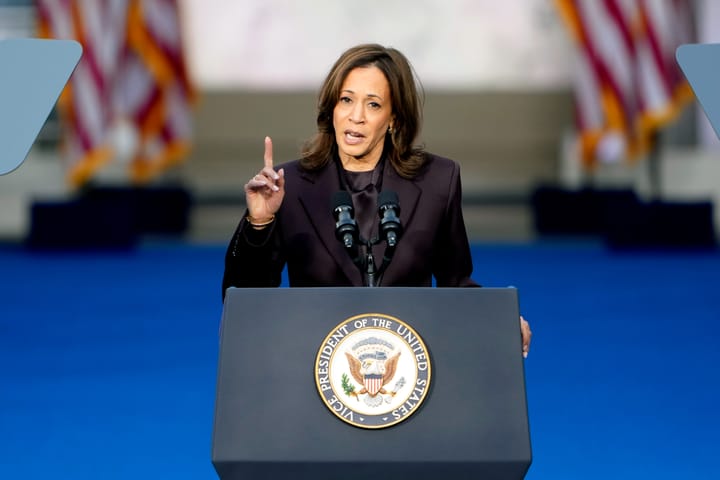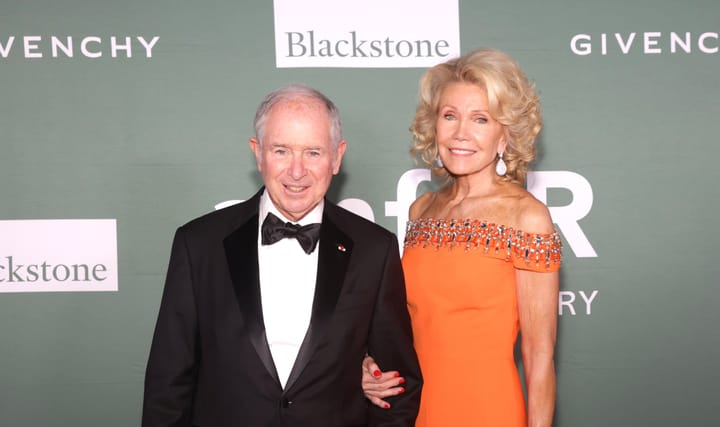The American Prospect is a nonprofit, independent magazine covering public policy and politics. Sludge is re-publishing this article.
Two progressive organizations have petitioned the banking committees in Congress to investigate WeWork over hiring former top Securities and Exchange Commission (SEC) officials to ferry through its failed initial public offering and its attempt to contain the fallout from it.
“There is reason to doubt that the agency would have subjected WeCompany to the same level of scrutiny as it would have for other companies,” writes Jeff Hauser of the Revolving Door Project at the Center for Economic and Policy Research, and David Segal of Demand Progress Education Fund. “An investigation of WeCompany’s reliance on former SEC personnel will shed light on the function and effect of the revolving door on enforcement outcomes.”
It’s the latest in a string of setbacks for WeWork, still limping along as a going concern but at a fraction of its once-robust valuation, after imploding while attempting to go public. The company’s accounting revealed it as a half-functional vehicle for mad genius (or just mad) CEO Adam Neumann to commit thievery. Neumann was paid over a billion dollars to go away, and WeWork has fired a significant portion of its staff in the aftermath.
What Hauser and Segal focus on in the letter, however, are the people WeWork hired to keep the gravy train moving during and after the IPO. First, it hired John White, the former director of the SEC’s Division of Corporation Finance from 2006 to 2008, as it sought to clear IPO review. White was haggling with the SEC over WeWork’s accounting right up until the company scrapped the IPO.
The Division of Corporation Finance oversees such matters, and reviews the corporate filings companies submit when they go public. White’s wife, Mary Jo White, ran the SEC in the second term of the Obama administration.
The opportunity for conflict of interest is great, Hauser and Segal write. “A cursory review on LinkedIn reveals that many individuals who worked in the Division of Corporation Finance under White’s leadership continue in the division today, they write. “Given his seniority in the division compared to these personnel, it is probable that White would have been involved in some manner in their professional reviews, including potentially holding some sway over promotions, bonuses, or other career milestones.”
These personal relationships obviously weren’t enough to save WeWork’s IPO, though public exposure of WeWork’s outrageously shady books and the subsequent lack of investor confidence played a major role. The fact that the SEC forces such documents into public view provided the necessary sunlight, but that doesn’t mean that WeWork wasn’t trying to trade on past relationships to get past an agency review.
Furthermore, the letter notes, White’s law firm, Cravath, Swaine, & Moore, appears to have reviewed the “misleading and even potentially fraudulent representations of WeCompany’s profitability.” This would put both White and his firm at risk of enforcement for abetting securities fraud. Yet his stature at the SEC could shield him from such an outcome.
Meanwhile, as the SEC continues to investigate the failed IPO, WeWork engaged in another hire. Its chief defense attorney is Andrew Ceresney, the former director of the SEC’s Division of Enforcement from 2014 to 2017. Ceresney is now a partner at the top law firm Debevoise & Plimpton, where he also worked before joining the SEC.
This looks like another blatant conflict of interest, of more recent vintage than John White. It’s implausible that Ceresney doesn’t know personally the enforcement lawyers working on the WeWork case. That’s no doubt why he was brought in. Moreover, Mary Jo White, who hired Ceresney at the SEC, is also the senior chair of Debevoise, where he now works.
Hauser and Segal believe that an investigation into WeWork’s representatives and their dealings with the SEC could be a signature example of how the revolving door works to insulate corporations from deep scrutiny into their practices. This would have a particular resonance in the IPO market, where a number of “unicorns” that have gone public have seen diminished returns after investors discover the weaknesses in their business models. “Present regulations may in fact be too lenient,” the authors write.
They also raise the question of whether attorneys and accountants should carry some personal responsibility when the companies they represent cook their books. We have seen several scandals, particularly among auditing firms using stolen regulatory information to cover their tracks. The WeWork case adds the layer of hiring revolving-door officials to do that work.
The letter was sent to the chair and ranking members of the House Financial Services Committee and the Senate Banking Committee.



